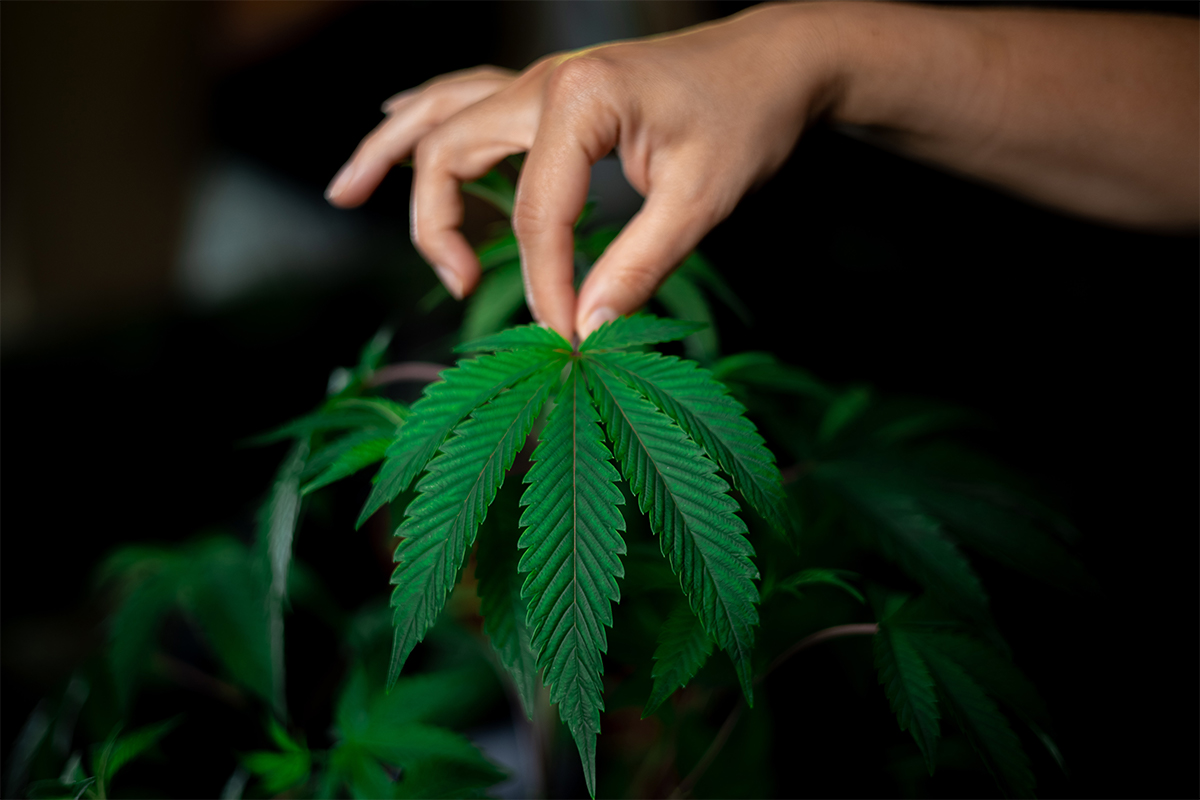Hemp Cultivation Technology in California
As the demand for California hemp continues to rise, growers are turning to modern cultivation technologies to maximize efficiency, sustainability, and yield. Unlike traditional farming methods, hemp cultivation today often integrates smart farming tools, automated systems, and data-driven insights to create scalable and eco-friendly operations.
1. Precision Agriculture
Hemp farmers in California are leveraging precision agriculture tools such as:
-
Drones and Satellite Imaging – used to monitor crop health, soil moisture, and growth patterns in real time.
-
IoT Sensors – measuring pH, humidity, and nutrient levels directly in the soil, allowing farmers to make targeted adjustments.
-
Automated Irrigation Systems – ensuring water is distributed efficiently, a major benefit in drought-prone areas of California.
This reduces waste while increasing the overall quality of hemp crops.
2. Greenhouse and Indoor Hemp Cultivation
While outdoor hemp farming is common, many cultivators are moving indoors or into greenhouse environments for year-round production. Technology in these facilities often includes:
-
LED Grow Lights – tuned to specific wavelengths for optimal hemp growth and cannabinoid production.
-
Climate Control Systems – regulating temperature, humidity, and CO₂ levels for consistency.
-
Hydroponics and Aeroponics – soil-free growing techniques that conserve water and maximize space efficiency.
These methods allow California hemp growers to produce consistent, high-quality crops even in less-than-ideal outdoor conditions.
3. Automated Harvesting and Processing
Harvesting hemp has traditionally been labor-intensive, but now automation is streamlining the process. Farmers are using:
-
Mechanical Harvesters designed specifically for hemp stalks and flowers.
-
Automated Drying Systems that reduce the time from harvest to processing.
-
Decortication Equipment that separates hemp fibers, hurds, and seeds with speed and precision.
This not only improves efficiency but also protects delicate compounds like CBD, ensuring higher quality in the final product.
4. Data-Driven Cultivation
Modern hemp cultivation in California increasingly relies on AI and big data analytics. By tracking historical crop performance, weather conditions, and nutrient delivery, farmers can:
-
Predict yields more accurately.
-
Identify early signs of crop stress or disease.
-
Continuously optimize inputs like water, fertilizer, and energy use.
This data-driven cultivation approach ensures that California hemp farmers remain competitive in a growing global market.
🌱 By embracing modern hemp cultivation technology, California farmers are proving that hemp isn’t just a traditional crop — it’s a high-tech, sustainable agricultural solution with the potential to reshape farming for the future.




